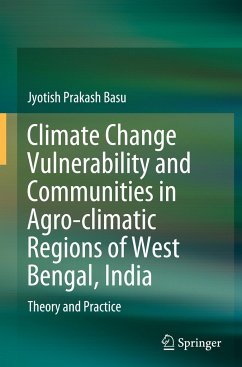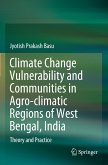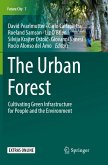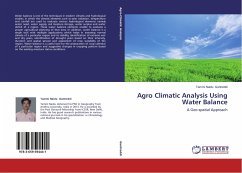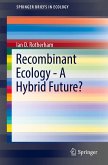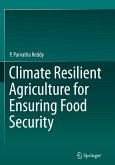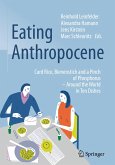This book addresses the quantitative measurement of climate change vulnerability at the macro and micro-level and identifies household adaptation strategies to cope with the adverse effects of climate change. Focusing on five different agro-climatic regions of West Bengal: the hill region, foothill region, drought region, and coastal regions of Sunderban and Purba Midnapore, it presents research related to various sectors, including the agricultural, forestry and informal sectors. The book also offers insights into the impact of climate change on smallholdings, forest-dependent communities, fishing and crab collecting communities, casual labourers and workers in the informal sectors, and identifies the key vulnerabilities associated with climate change, as well as the causes of such vulnerability the extent to which remedial measures have been taken.
The book particularly highlights the role of Indian governmental policies like Sarva Shiksa Abhiyan, Mahatma Gandhi National Rural Employment Guarantee Act (MGNREGA), the housing scheme, Indira Awas Yojana, the Food for Work Programme, and the rural road building scheme, Pradhan Mantri Grameen Sadak Yojana, which are important for rural development and in reducing vulnerability. Showcasing vulnerability measurement in the socio-ecological system, the book will appeal to developmental practitioners, government implementation agencies, policymakers and researchers in the field of environmental science and policymakers will find this book appealing.
The book particularly highlights the role of Indian governmental policies like Sarva Shiksa Abhiyan, Mahatma Gandhi National Rural Employment Guarantee Act (MGNREGA), the housing scheme, Indira Awas Yojana, the Food for Work Programme, and the rural road building scheme, Pradhan Mantri Grameen Sadak Yojana, which are important for rural development and in reducing vulnerability. Showcasing vulnerability measurement in the socio-ecological system, the book will appeal to developmental practitioners, government implementation agencies, policymakers and researchers in the field of environmental science and policymakers will find this book appealing.

